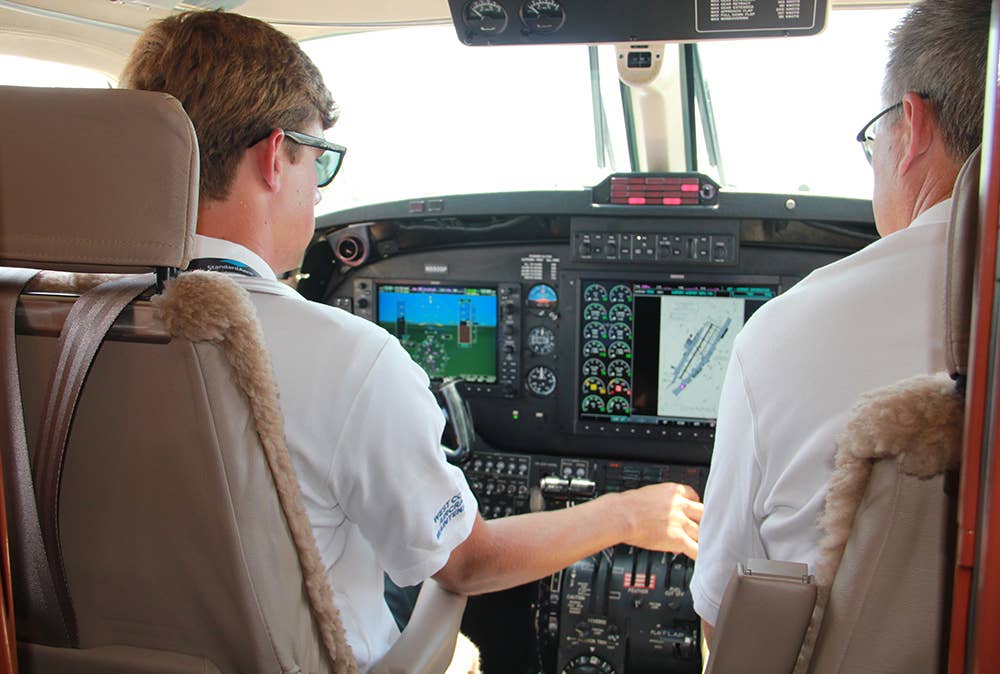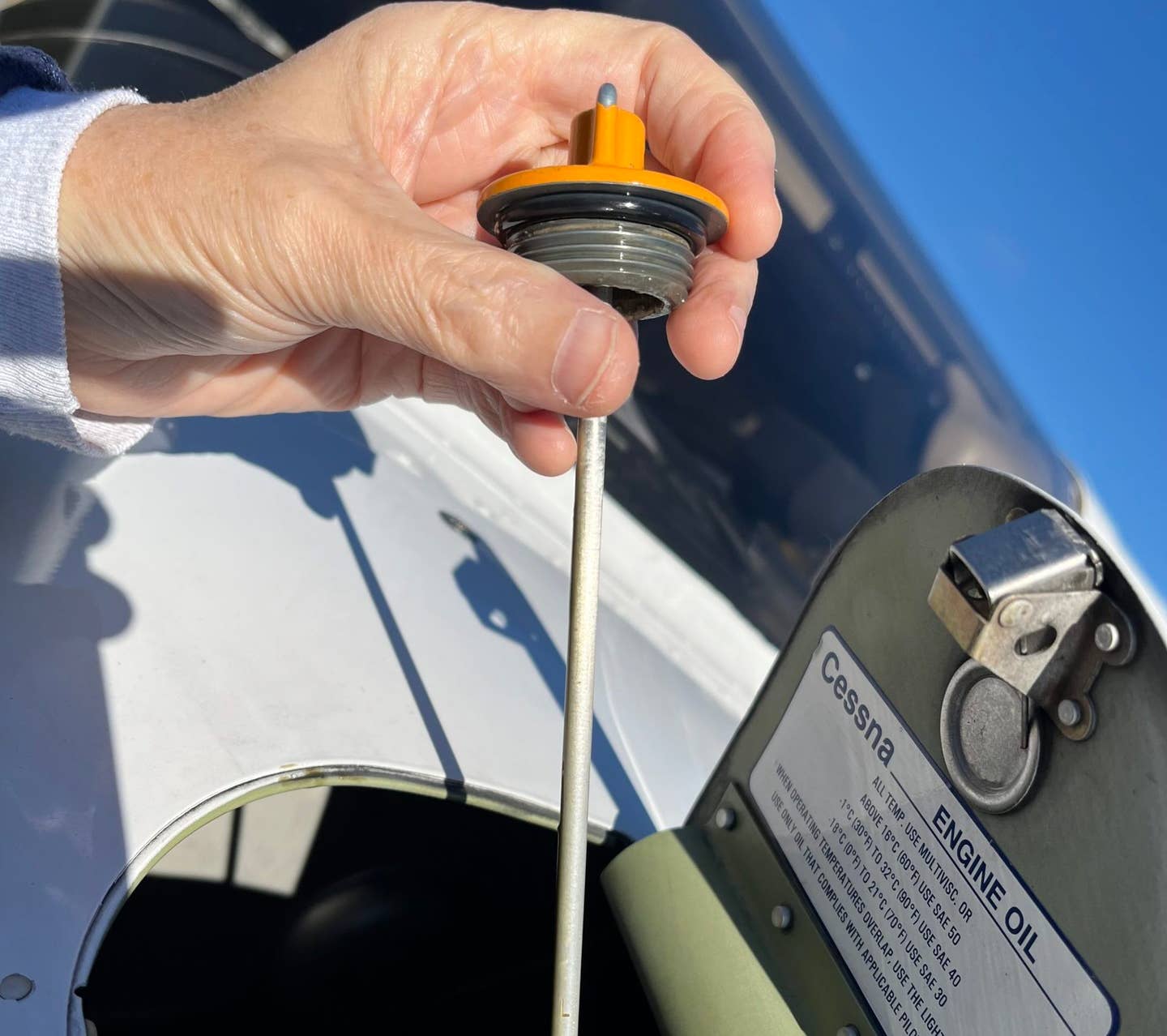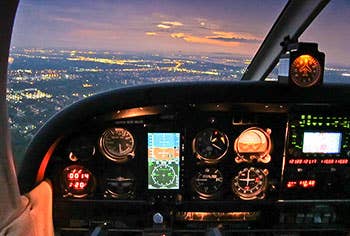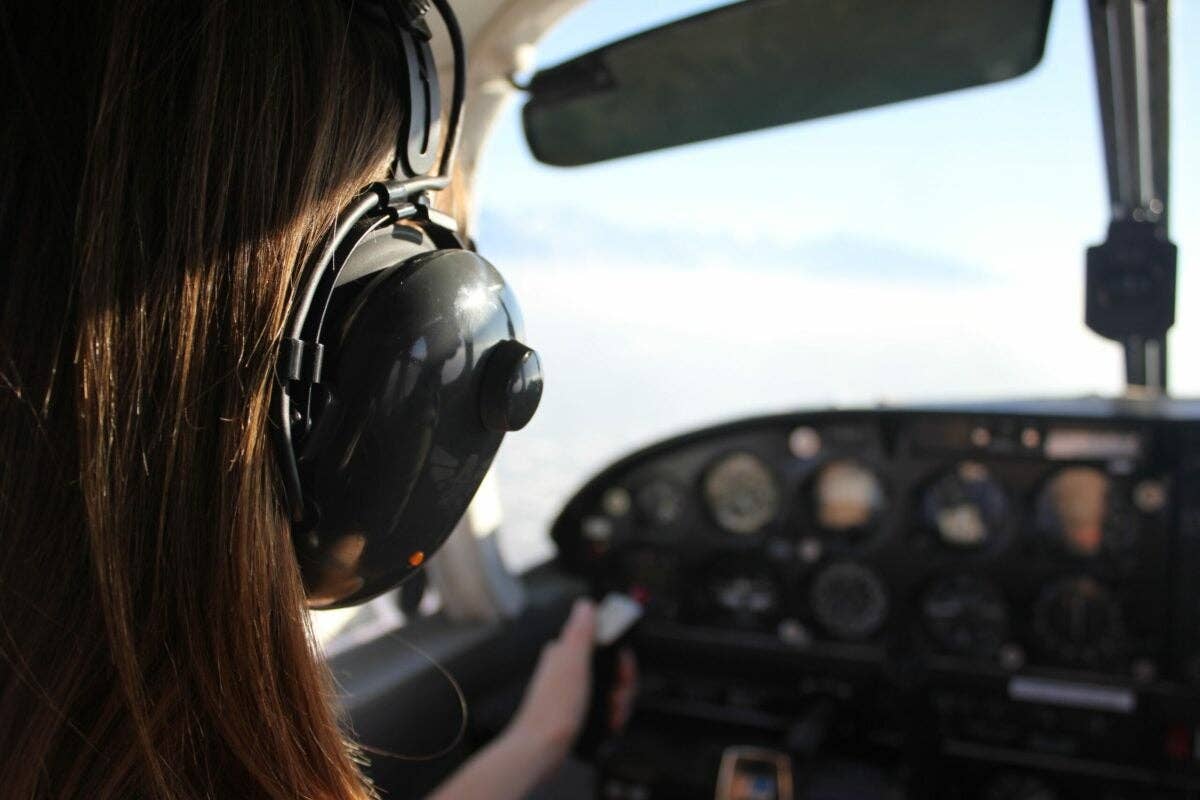How to Find the Right Corporate Flying Job for You
If you’re on the hunt, there are plenty of things you need to consider before taking an offer.
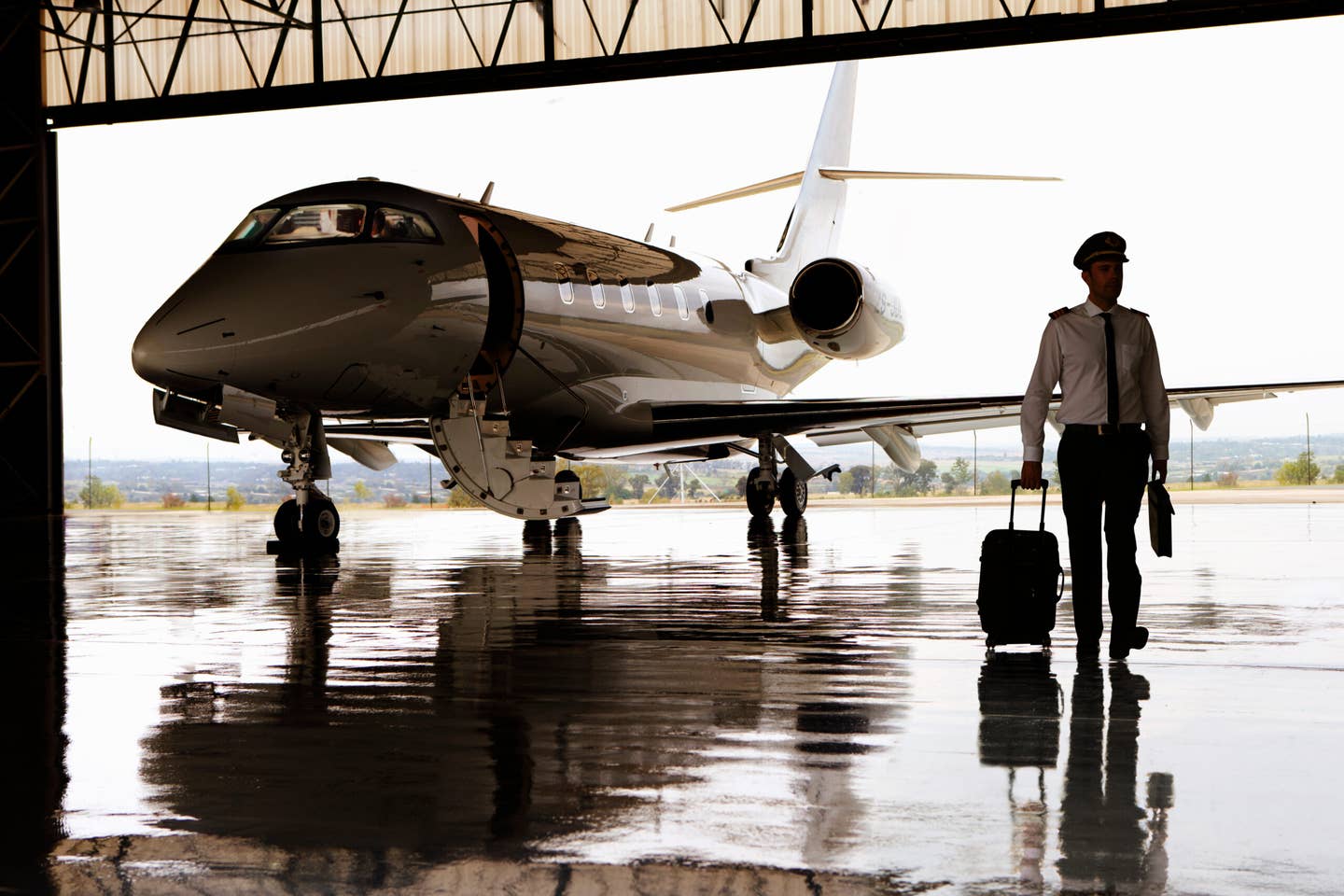
Corporate pilot jobs each bring their own set of pros and cons. [File Photo: Shutterstock]
So, what are some of the best ways to choose the right corporate flying job? There are many factors that can help you narrow your choices down to the right fit.
First of all, pilots should be aware of the different types of corporate flying scenarios. On a broad scale, they include:
- Part 91 for a department or private owner (e.g., Netflix flight department or Kim Kardashian's new Gulfstream G650)
- Part 135 on-demand charter operators. (e.g., NetJets, but also management companies like Clay Lacy Aviation)
- Part 91K for fractional operators (e.g., Planesense, Flexjet, etc.)
They each have their own sets of pros and cons.
There are some caveats. In some cases, there are overlaps. For instance, some Part 135 operators also offer fractional shares to potential customers to cater to market demand. Another consideration is that pilots can be either outside contractors or not directly on the internal payroll, depending on company policy.
Once you outline the pieces on the board, it's easier to begin thinking about the right fit. I would recommend putting together a comprehensive list of your priorities.
Some points for consideration are:
- Company, sector, industry profile
- Expected flying time per year
- Compensation and benefits
- Department location and cost of living
- Fleet mix
- Department size
- Company size
- Owner, company, or department culture
- Company flying priorities, schedule, and trip profiles
- Publicly traded versus privately-owned companies
- Training policy and career progression opportunities
The list could go on. Pilots looking to transition into the workforce often take the first job because they need flight time and that first type rating in order to progress to bigger things. Still, sometimes it's a miserable mix for the company and the incoming pilot. Some pilots might realize that though they gained a new type rating to enhance their professional profile, the lifestyle that comes along with it was not as expected.
Also, the new pilot didn't do their homework to the company's chagrin. Unfortunately, this leads to the recurring scenario where pilots leave earlier than expected, costing the company a lot of money. In other cases, pilots have to fulfill the terms of their contract and struggle to integrate into the department. Suddenly, they wished they had paid attention to all the factors.
It Is Important to Know Your Business
“Like financial investors, pilots ought to consider the finances of a particular company, then work outward to also factor in the sector and industry they exist in. ”
When I wrote recently that picking a job was like picking stocks, I connected it to “the company, sector, and industry profile” point and implied the others. Like financial investors, pilots ought to consider the finances of a particular company, then work outward to also factor in the sector and industry they exist in.
For instance, an entertainment company could be doing well, but if their whole business model is Western movies, that could fade, and their business could implode. Or, the entire entertainment industry could experience volatility, and in most cases, the airplanes are the first assets to go.
Imagine this across other sectors such as finance, medicine, utilities, and others. In the stock market, investors that weather a topsy-turvy stock market tend to have diversified portfolios and own stocks across multiple sectors. As a direct correlation, one measure of job security a corporate pilot should consider then is how diversified a company's business is. If they have multiple streams of income necessary to keep up with the ongoing costs of a flight department, they may be able to withstand a downturn if there is a disruption in one of their business sectors. This one-way corporate flying is very different from the airlines.
Flying for a Private Owner
What if you fly for an individual owner or private company? This also relates to the difference between publicly traded or privately owned companies in many cases.
Most public companies, whose mission is to maximize shareholder value, tend to be restricted in their flight operations so that there is no indication of impropriety. A pilot for a public company might find their flying to be standard and almost entirely business-related. Plus, since the requirement of ADS-B on all airplanes makes it possible to track a department's flight, public companies try to be visibly responsible. If company officials want to keep their dealings private, they might choose to charter instead. For a privately owned company, though, most bets are off.
In some cases, the company doesn't have to worry about the public eye and can afford to focus on convenience. In this case, the company's flying could be a mix between direct business and catering to a majority stakeholder, like the family that owns the company. As a pilot, this could mean then that there are those trips that people anecdotally talk about when they refer to corporate flying, i.e., the idea of an impulsive owner. Sure, it might be true in some cases, but some departments understand the need to keep their pilots comfortable and aim to be considerate.
Though, as a pilot, being at the mercy of your boss can be unnerving. One pilot who wrote to me recently said, "I've always highly prioritized the lifestyle and personality of the principal I'm flying for. If they are a hard pushing, take-no-prisoners type, it means I will be living that same lifestyle. If they have a reputation for being disrespectful and rude, it's a fair assumption I will be on the receiving end of that at some point."
On-Demand Charter
For final consideration, pilots who want the mix of an airline-like schedule and corporate flying might consider on-demand charters or fractional flying as their best options. In these cases, companies tend to have enough qualified pilots to cover the fleet and afford to offer pilots predictable schedules.
What should you expect? Another pilot wrote to explain the new appeal charter flying has over the airlines because of things like home base instead of commuting and other improvements in terms of scheduling and compensation. In other words, it is almost like an airline, but on a corporate level.
However, as an airline depends on customer demand for business, charter operations could ebb and flow in the same way, as we’re seeing during the pandemic. In this case, charter operations have only grown, which means job security for pilots, but if well-off passengers had to scale back owing to their own volatile finances, demand and charter flying could wane. So, even in this case, there are pros and cons. There is much to consider if you choose to become a corporate pilot. Pilots might have to be more hands-on in their due diligence to find the right job because of the nature of the business aviation industry compared to the airlines. To some, this type of search or lifestyle might turn them off, but if you can afford to be patient in your search and consider all your options, you could carve out a rewarding career.

Sign-up for newsletters & special offers!
Get the latest FLYING stories & special offers delivered directly to your inbox

